News & Updates
-
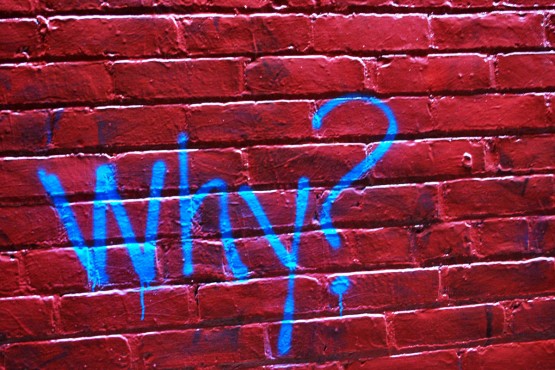
What's our "Why"?
Isabela Granic - 02-06-2017If the GEMH lab is going to be successful in its mission to deliver a radically new form of mental health interventions for youth, we need to have a very clear purpose, to start with our WHY and design and test games that fit with our WHY...
-
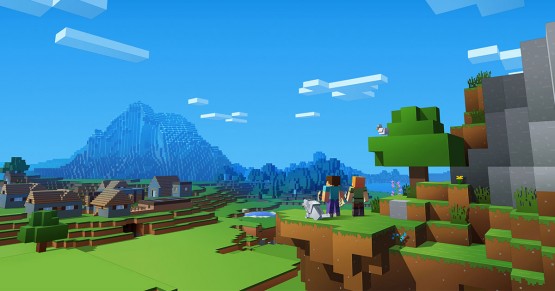
Top 3 Most Popular Video Games of Children - Jun 2017
Elke Schoneveld - 02-06-2017What are the top 3 most popular video games of children (8 to 12-year-olds)?
-
Social media and young people’s mental health and wellbeing
Marieke van Rooij - 24-05-2017Report by the RSPH about the relationship between social media and young people’s mental health and wellbeing: https://www.rsph.org.uk/our-work/policy/social-media-and-young-people-s-mental-health-and-wellbeing.html
-
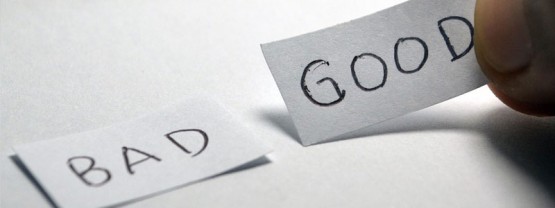
What is the worst thing you’ve done in a video game?
Babet Halberstadt - 04-05-2017Games provide a very interesting avenue to explore morality. After all, you are not hurting any real people when you allow yourself to misbehave within games. I’m sure we’ve all done things in game worlds that we are not proud of, just to see what happens. In this way, games can provide us with an idea of the consequences of certain actions, and provide an opportunity to test how those actions affect us emotionally.
-
Dungeons & Dragons as therapy?
Marieke van Rooij - 04-05-2017Check out this interesting article about using the tabletop roleplaying classic D&D to help kids improve their emotional and/or mental health.
-
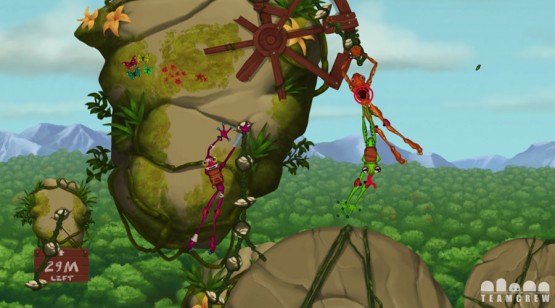
GEMH-Lab Plays #1: Frog Climbers
Joanneke Weerdmeester - 24-04-2017In GEMH-lab's first 'let's play' video, Joanneke and Anouk play Frog Climbers, one of our current favorite multiplayer games. In the game, you and your friends play as rock climbing frogs, intent on reaching the top of the highest mountain. There’s only room for one frog at the top though, so it’s a race to the summit using whatever means necessary in order to become the most glorious Frog Climber.
-
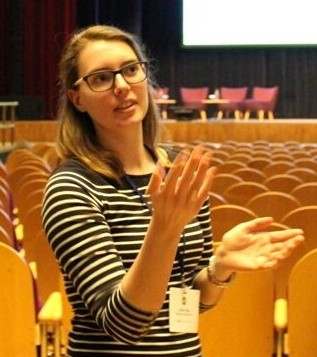
Poster Prize for GEMH Lab Researcher Aniek Wols
Aniek Wols - 07-04-2017At the placebo conference in Leiden, Aniek Wols took second place with her poster on specific and nonspecific factors in game-based intervention outcomes.
-
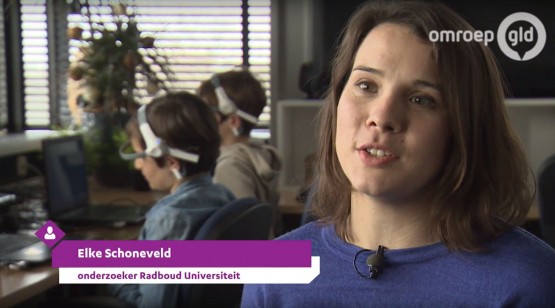
Interview with GEMH Lab Researcher Elke Schoneveld About Applied Game MindLight
Elke Schoneveld - 04-04-2017Interview with GEMH Lab researcher Elke Schoneveld about applied game MindLight
-
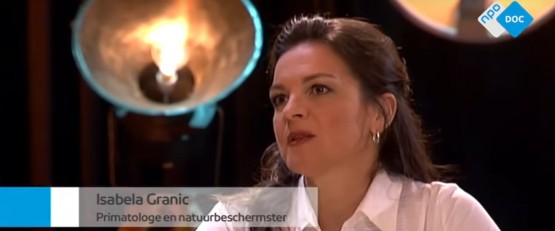
Interview: Benefits of Playing Video Games
Isabela Granic - 21-02-2017Check out the interview I did on an awesome Dutch documentary series, Doc Talks.
-
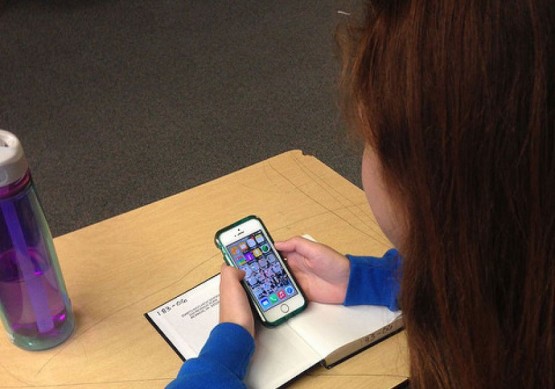
Games to Teach Youth How to Recognize Symptoms of Depression
Anouk Tuijnman - 23-12-2016Web article about new game to increase mental health literacy and decrease stigma for depression in youth.
